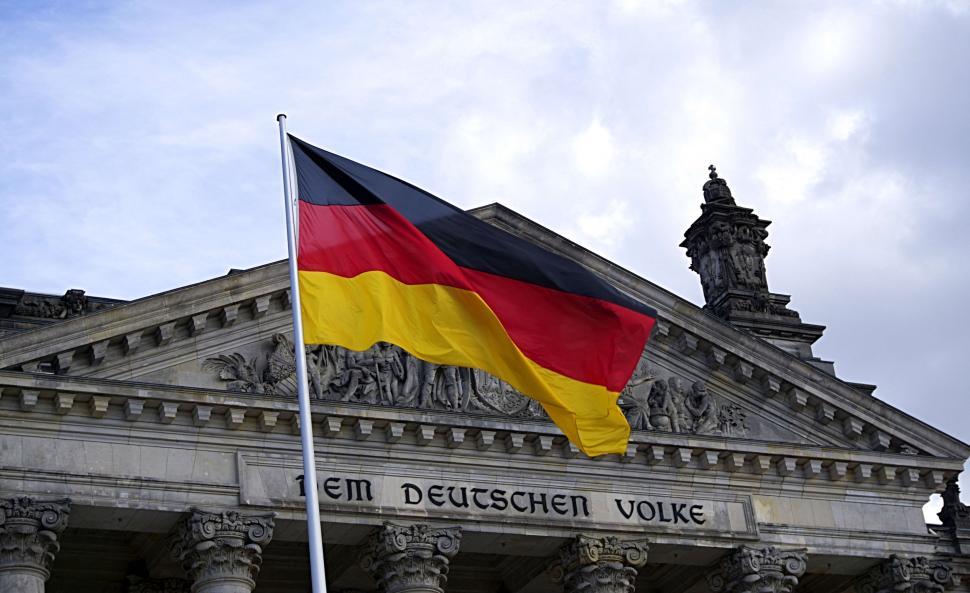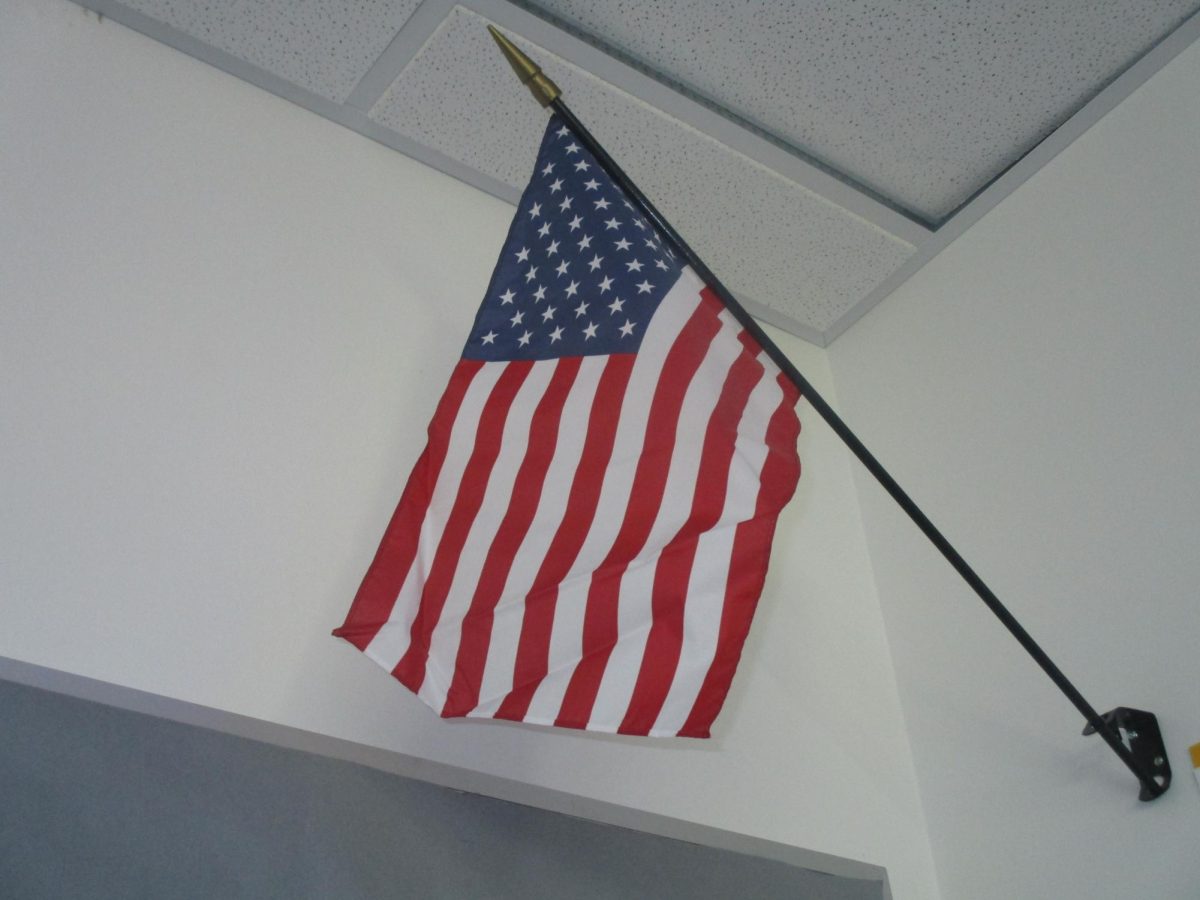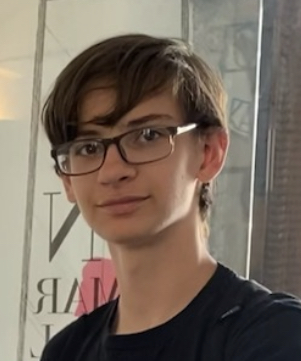After disagreements between a coalition of the three governing parties, the dismissal of finance minister Christian Lindner marks the collapse of German government. The coalition, nicknamed the “Traffic Light Coalition,” (named after the colors of the three parties) was made up of the Democratic Socialist Party (SPD), which advocates for workers’ rights and a modernized economy; the Free Democratic Party (FDP), the pro-business German Libertarian party; and the Green Party, which advocates for environmentalist policies. It was the very first three-party coalition to form at the federal level, and was shakily held together. On Nov. 6, Scholz dismissed finance minister Lindner because “it was necessary to prevent harm” to the country. The dismissal came after days of negotiation between Scholz of the SPD, Lindner of the FDP, and Robert Habeck of the Greens, regarding Germany’s faltering economy. The negotiations ended with Lindner and the FDP leaving the coalition, and Habeck and the Greens remaining with the SPD. Scholz announced that he will ask for a vote of confidence in December. After the request is made, the German parliament, the Bundestag, will make a decision on if and when it will happen.
Scholz commented that one of the reasons for the dismissal is the recent election of Donald Trump as US President, stating that it was clear to him Germany has to take more responsibility for its own modernization and defense. If Scholz is to lose the vote of confidence, a snap election would be held in February, some months prior to when the usual national election is scheduled for (Sept. 23).
The Traffic Light coalition, although it has made such notable advances as preventing an energy crisis after Russia cut off Germany’s gas supply, and beginning the modernization of the military, is well known for constant infighting. Improving the German economy has proved to be the most significant issue the coalition has faced, and its last.
Germany’s economy, usually considered to be the powerhouse of Europe, has been in a steady decline since the COVID-19 pandemic. Trump’s recent election victory only furthered concerns because of Trump’s desire to impose tariffs on foreign exports, which would make trade between the United States and Germany more difficult due to increased costs.
“The party in charge needs to boost the economy or the next party elected will need to do something drastic and would certainly change world events,” junior and second generation German immigrant Lukas Van Ostrand said.
In recent elections, the German far-right party, the Alternative for Germany (AfD), has seen an increase in popularity. With the current government no longer possessing a majority in the Bundestag, the AfD could capitalize on the chaos in government to possibly appeal to voters, and gain more popularity. Also likely is a boost in popularity in the FDP, which was already seeing a rise prior to the Nov. 6 collapse. Most likely, though, is the second of the two largest parties in Germany, the Christian Democratic Union (CDU), taking power again.
“The collapse of the coalition will certainly cause future elections to become increasingly difficult for the Germans and may put more radical extremist parties in power,” Van Ostrand said.
With the French government also facing struggles, and a rising far right, the European Union is left with its two leading governments weakened by deepened political divide. At the same time, countries across Europe have to prepare for the United States to have a less interventionist policy under Trump. For Europe, an uncertain time is coming.









